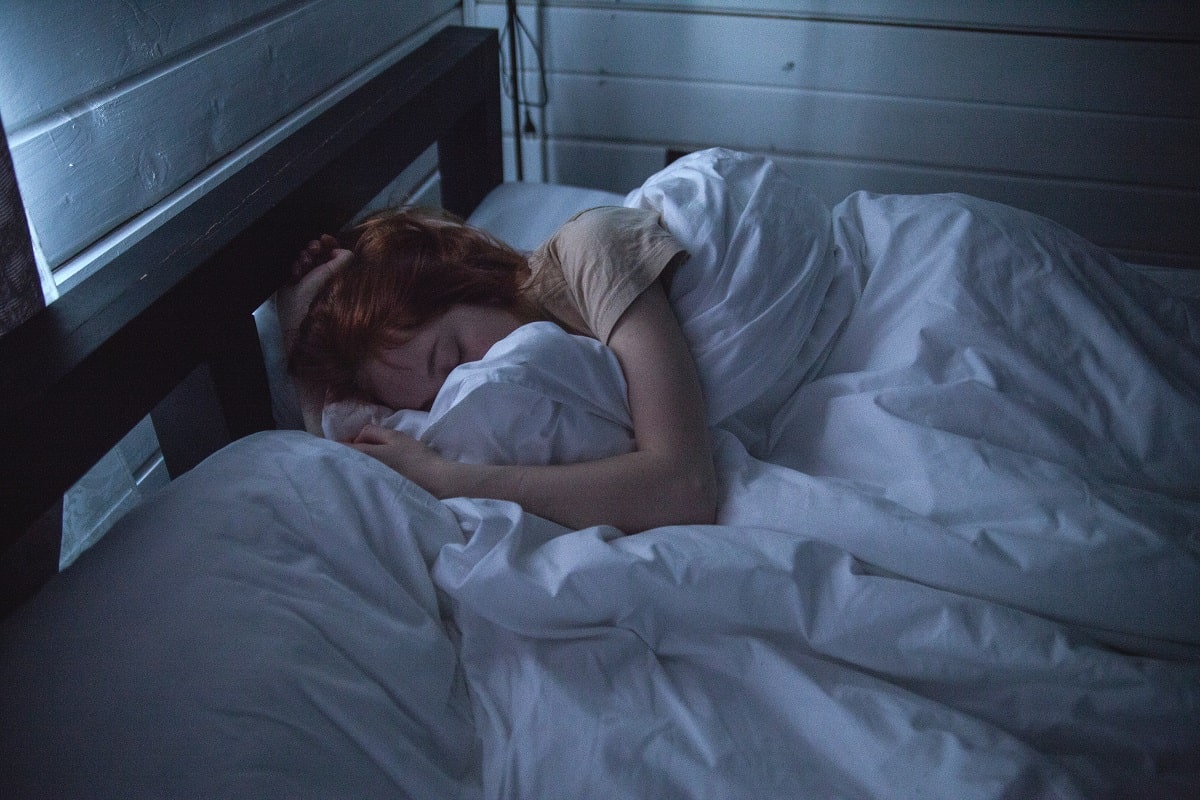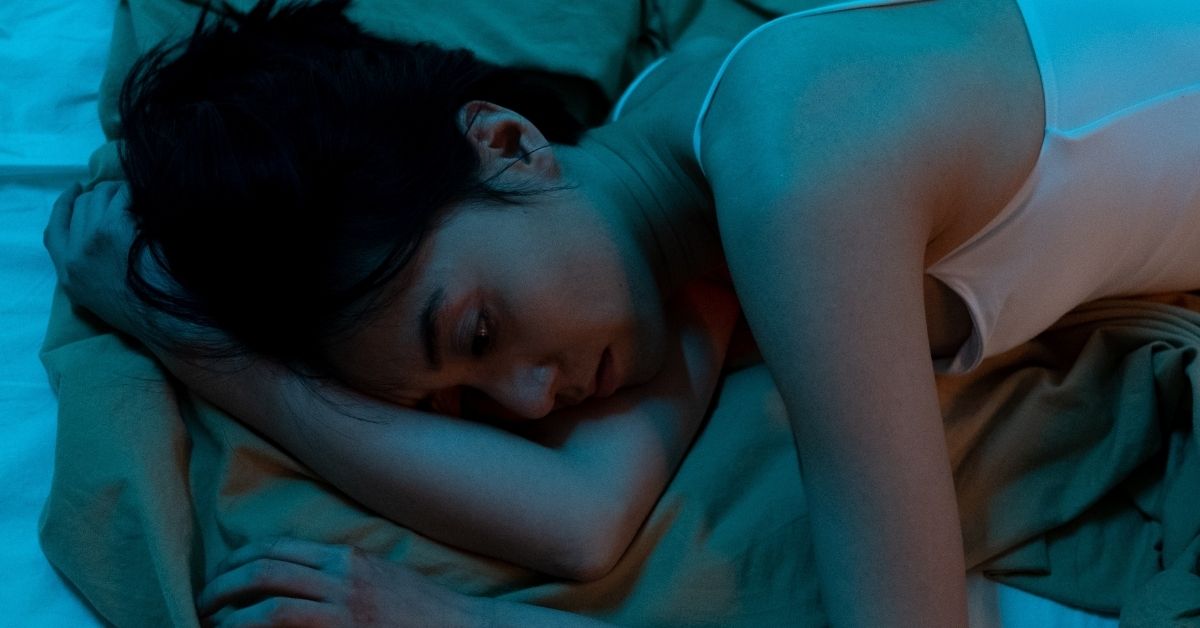Suffering from the effects of sleep apnea is very difficult for most patients. The cyclical disruptions to sleep can have detrimental physiological and emotional effects, drastically impacting your quality of life. The quest for treatment or cures can seem unending. One of the most common questions patients ask us is, “does sleep apnea go away?” We’ll address this question and give some insight into available options for treatment.
What is Sleep Apnea?
Although there are different types of sleep apnea, obstructive sleep apnea is the type people most commonly suffer from. Obstructive sleep apnea (OSA) occurs when the muscles that support the soft palate temporarily relax, causing airways to narrow or become almost completely closed. This obstruction of the airway means that you are unable to get enough air, and the oxygen levels in your blood drop. This prompts your body to awaken you from sleep to reopen your airways, causing you to snort, choke, or gasp. This pattern can repeat itself throughout the night, preventing you from achieving deep, restful sleep.
Does Sleep Apnea Go Away?
The good news is that for most people, sleep apnea can go away—if they partner with a sleep doctor to diagnose the specific cause of their apnea, and follow their doctor’s prescribed treatment.
-
Weight Loss: The Solution to Resolving Sleep Apnea for Most People
For the majority of people, OSA is tied to being overweight or obese. Because of this, weight loss is often the first and best option for resolving your sleep apnea. Carrying extra weight contributes to breathing problems during sleep, as fat or adipose tissues that line the neck cause narrowing of the air passages. For an overwhelming majority of patients (around 80%), just getting to a healthier weight is enough to make their sleep apnea go away.
-
Surgery for Sleep Apnea: For Specialized Cases
For a small percentage of patients, a structural abnormality in the mouth or throat can cause sleep apnea. A floppy soft palate or large tonsils, adenoids, or tongue are all possible factors. There are different surgical procedures to address each concern—jaw advancement surgeries, UPPP procedures (uvulopalatopharyngoplasty), or even tonsillectomies and adenoidectomies. A sleep doctor can evaluate the structures in your mouth and throat, and let you know if you are possibly a candidate for sleep apnea surgery.
Managing Your Sleep Apnea Symptoms in the Meantime
If you are suffering from sleep apnea, you’re probably not sleeping well at night. You may be tired the next day, which can cause you to drink more coffee or eat more sugar to stay awake. This pattern—one where you gain weight, causing your sleep apnea to worsen, causing you to gain even more weight—can spiral out of control.
For this reason, it is critical to consult a sleep doctor as soon as you suspect you have sleep apnea. Your doctor can properly diagnose the cause of your sleep apnea, and possibly prescribe you a CPAP mask to wear at night. A CPAP mask can start relieving symptoms the first night you wear it, putting you on the path to a good night’s rest—and giving you energy for exercise and willpower to make healthy food choices the following day. For many sufferers of sleep apnea, getting a CPAP mask is the critical first step to successfully losing weight and breaking the cycle.
Helping Your Sleep Apnea Go Away
If you are suffering from sleep apnea, it’s important to realize that effective treatment options exist, and that there is hope for getting restful sleep again. At the Jacksonville Sleep Center, we specialize in helping patients across Northeast Florida get the great sleep they need! We offer the latest options for diagnosis, assessment, and treatment for all sleep disorders. If you suspect you may have sleep apnea, our physicians and team of specialists would love to help. Contact us today to learn more and set up an appointment!






